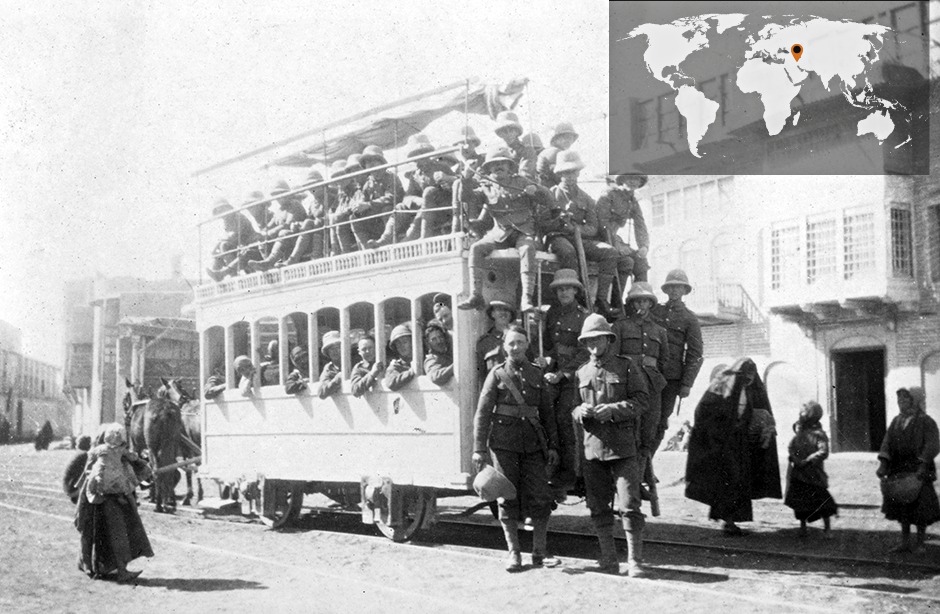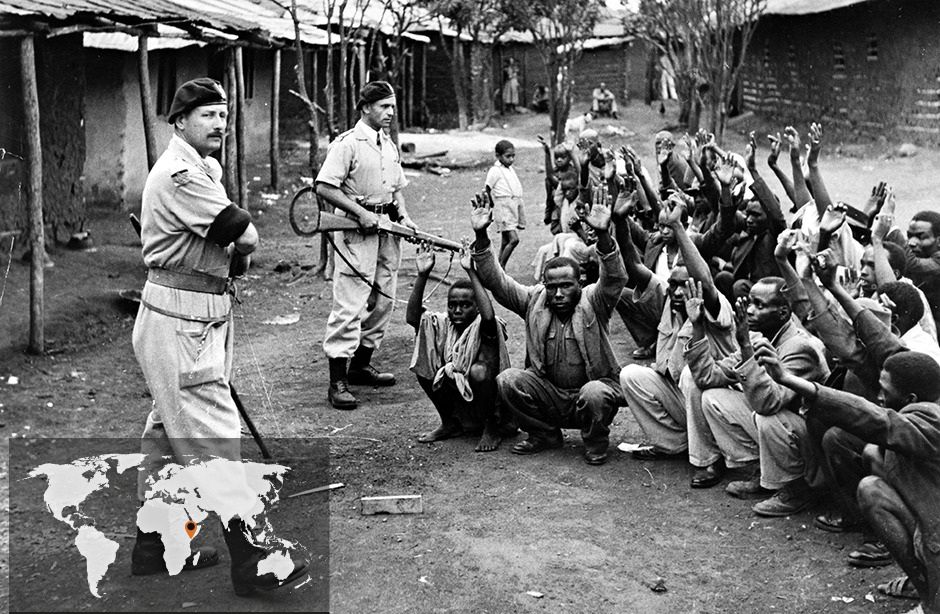THE GUARDIAN
British forces are set to withdraw from Afghanistan by the end of 2014. If 2015 is a year of peace for the UK, it will be the first for at least 100 years. Here the Guardian charts every conflict in which British forces have engaged since 1914
1919 — 1932
Southern Iraq

A force of 4,500 British soldiers and 30,000 Indians was stationed in Iraq, taken from the Ottoman Empire after World War One. A British decision to make Iraqi soldiers redundant contributed to an uprising in 1920, a prelude to the US disbandment of the Iraqi army after the 2003 invasion. Aircraft were used to sow terror among the villages of the Marsh Arabs and others involved in uprisings elsewhere. Bombing villages by airplanes was described by one British officer as “unsporting”.
1952 — 1960
Kenya

By far the most bloody and controversial of Britain’s war of decolonisation, the Mau Mau insurgency was characterised by savage conduct on both sides. The colonial authorities failed to understand the cause of conflict, with some officials believing the Kikuyu people were suffering a form of mass breakdown. It is now accepted that they were reacting to the expropriation of their land. Thousands of people were detained in a vast network of prison camps, and while the abuses they suffered were officially denied, the massacre of one group of prisoners caused such revulsion in Britain that independence became inevitable. The numbers of casualties are disputed: the British and African security forces suffered around 200 deaths, while estimates of the number of civilians and Mau Mau fighters who died vary from the official count of 12,000 to as high as 100,000. Last year the British government settled a claim that a group of elderly Kenyans brought at the high court in London by expressing its “sincere regret” the use of torture during the insurgency, paying £19.9 million to 5,000 former prisoners.
The Guardian for more
